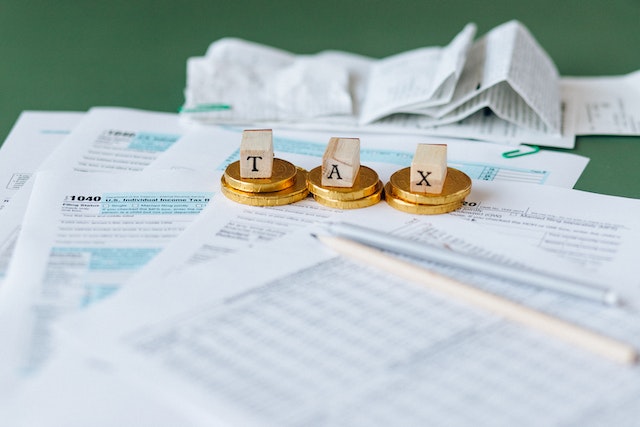
For most taxpayers, hearing both “LHDN” and “audit” (Also see Introduction to Audit Strategy) can be intimidating, especially for those who run their own business as most probably their record-keeping and deductible expenses will be more complicated than that of most people. If the companies have been engaging with an audit firm in Johor Bahru to carry out annual audits, they do not have to worry so much as they can make sure that they can detect material misstatements if there is any. However, an audit is not always a full-blown matter. It can be a simple procedure where business owners only need to communicate with the LHDN with a few letters.
Correspondence Audit
Most of the LHDN audits (Also see Types of Audit – Tax Audit) will merely involve a request from the authorities asking for evidence for the deductions you have made. For instance, for a self-employed individual, if he took a deduction of RM20,000 for his own health insurance premium, he may need to go through a correspondence audit. If a person is self-employed, he is eligible for deducting the premiums. However, if the LHDN thinks that the amount is too much, the person may need to photocopy all his premium bills throughout the year and mail them to the LHDN as evidence for his claims.
In-person Audit
If an individual has received a letter from LHDN, and it does not only ask him to submit evidence for claims or other small substantiations, he may need to undergo a field audit or an office audit. For a field audit, an officer will visit the business owner in his office, or he can ask the officer to have the meeting in your accountant’s or attorney’s office. On the other hand, for an office audit, he needs to go to the LHDN office and bring along the documents it has requested.
The officer may want to check the individual’s or company’s bank statements, credit card statements, cancelled cheques, receipts and the books that show all your income and expenses. The officer will inspect whether any of the expenditures the individual claimed for business were personal and whether the person has included all the cash transactions in the income he has reported. The officer might want to make sure that the person’s lifestyle suits the income he has reported.
After the Audit
After the audit process has finished, the officer will issue a report to that person. The report will include the officer’s findings and whether he found any errors from what the individual has reported. If there is any, the person may see a bill for extra taxes (Also see Tax Avoidance and Tax Evasion) or maybe some penalties in the report. The report may also include a waiver which the officer will ask the person to sign and send it back with a cheque. However, signing the waiver means that the individual has voluntarily given up his right to appeal the officer’s decision. Thus, he does not have to sign it as he has the right to appeal if he is not satisfied with the officer’s assessment. Instead of sending back the waiver and the payment, the person may contact the LHDN appellate department.
Hint
If a person has personality conflicts with the officer who audits him, he has the right to contact LHDN and request for another auditor, or he may request to stop the proceedings so that he can look for a tax professional (Also see All You Need To Know About Goods and Services Tax in Accounting) to advise him. Or else, the person should only provide the required documents or answer the questions the officer has asked without giving anything extra to prevent himself from getting into more troubles.